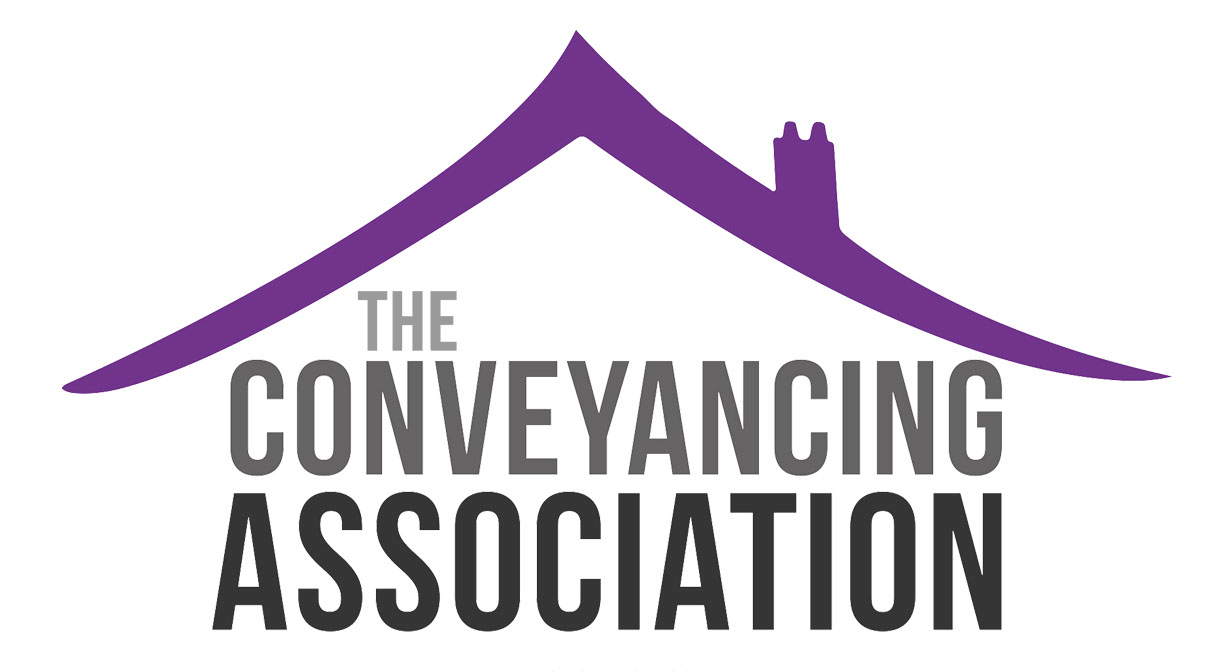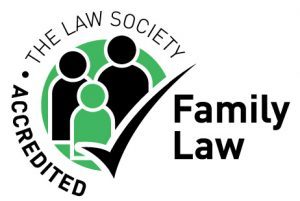Can I Challenge the Will?
 The death of a family member is a difficult time for everyone, but if you discover that the provision made for you is less than expected, or if you suspect that the Will does not reflect the deceased’s true wishes, this can add to the stress and upset that you are already feeling, but can you challenge the Will?
The death of a family member is a difficult time for everyone, but if you discover that the provision made for you is less than expected, or if you suspect that the Will does not reflect the deceased’s true wishes, this can add to the stress and upset that you are already feeling, but can you challenge the Will?
In England, the person making the Will (the Testator) is free to dispose of their Estate however they would like. This is known as testamentary freedom and means that a Will should always reflect the Testator’s wishes.
If you are concerned about how a Will was made, or if you believe that it does not reflect the deceased’s wishes, you might be thinking about challenging it, but you may be unsure whether your reasons for making a challenge is legitimate or have concerns about your chances of success.
Reasons why you may be able to Challenge the Will
There are several reasons why a Will may be invalid and will provide a basis to challenge the Will. The most common of these are detailed below:
Lack of knowledge and approval
Did the Testator know and approve the contents of the Will? You may suspect that the Testator did not have a chance to read through the Will before it was signed, or that they would not have wanted their Estate to be distributed in the way provided for in the Will.
Lack of capacity
Did the Testator lack capacity at the time they made the Will? Dementia and mental illness are not a barrier to being able to make a Will, but the Testator needs to know that they are making a Will and be able to understand the consequences of the Will they are making. They also need to know what their Estate comprises of.
Undue influence
Was the Testator put under pressure to make the Will in a certain way? Isolated and vulnerable people can be pressurised or coerced into making a Will on terms that benefit the person putting pressure on them. This is not always obvious to the person making the Will and pressure can be applied over a short or long period of time.
Lack of due execution
Was the Will signed and witnessed properly? There are strict rules regulating the signing of Wills and a Will is invalidated if it is not done correctly. This is more prevalent in homemade Wills prepared and executed without the benefit of legal advice. Virtual Will consultations and remote signing of Wills has been a feature of the Covid-19 restrictions and especially in these cases, advice from the specialist solicitors at Fraser Dawbarns can help to ensure that the Will is executed correctly.
Fraud or forgery
Was the Will altered or forged? Whilst a Testator’s signature can change over time and with age it can be easy to spot a forged signature, but alteration of details or figures in a genuine Will are not so obvious. A forensic examination of the original Will can be carried out to identify when a signature has been forged or sections of a Will altered.
How to Challenge the Will
A Will can only be challenged after the Testator’s death and only people who have a vested interest in a Will are able to contest it. This means that you must be a person who is mentioned in the Will or a spouse, child, or cohabitee of the Testator. It is less well-known that a claim can also be brought by somebody who is owed money by the Testator or by someone who was promised something by the Testator that was not contained in the Will.
Before you take any steps to challenge the Will, you should consider the effect this will have on the Estate if your challenge is successful. If there is an earlier Will, the Estate will be distributed in accordance with the provisions made in that Will. However, if there is no earlier Will, the Estate will be distributed in accordance with the intestacy rules. It is very important to be aware of this, and to understand that a successful challenge may not lead to you receiving a greater share of the Estate.
How long do I have to challenge the Will?
The time period for contesting a Will depends on the nature of the claim.
- If a claim is to be brought under the Inheritance (Provision for Family and Dependants) Act 1975 because you believe the Testator has failed to properly provide for you when they had a duty to, the claim must be brought within 6 months of the Grant of Probate.
- A claim for rectification of a Will must be brought within 6 months of the Grant of Probate.
- There is no specific time limit for challenging the validity of a Will, however a claim brought by a beneficiary in the Will must be issued within 12 years of the Testator’s death.
- There is no time limit to bring a claim for fraud or forgery.
In some circumstances it is possible to bring a claim out of time, but if you think you have a valid claim, it is never a good idea to leave it until the last minute. Even if the claim you are looking to bring is based on grounds where the time limits are more generous, it is still advisable to take action as soon as possible.
It is always easier to contest a Will before the Grant of Probate has been obtained and the Estate has been distributed. If your claim is successful but the Estate has already been distributed, it may not even be possible to trace or recover all the assets for them to be redistributed.
It is also worth being aware that a Will can also be invalid because of a drafting mistake made by a solicitor or Will writer, which makes it unclear as to what the Testator intended, or prevents the Estate from being distributed in the way the Testator would have wanted. When a Will is invalid for this reason, it may be possible to bring a claim against the solicitor or Will writer who drafted the Will. the specialist solicitors at Fraser Dawbarns are available to talk to you if you think this may be the case.
First steps
As with any other aspect of the law, each claim challenging the validity of a Will is unique and will have its own merits and come with its own challenges. If you are considering challenging a Will you will put yourself in the strongest position possible by seeking legal advice early. A specialist solicitor dealing in Will and Estate disputes can help to determine whether you have grounds to bring a claim, and if any time limits apply to your claim.
If you would like any more information about challenging a Will or any other legal service, please contact Fraser Dawbarns today either by telephoning our offices or by sending us an email.
| Wisbech | 01945 461456 | King’s Lynn | 01553 666600 | |
| Downham Market | 01366 383171 | March | 01354 602880 | |
| Ely | 01353 383483 | info@fraserdawbarns.com |
Find out more about our Will writing services
Find out more about our Will and Estate Dispute services
Find out more about Janet Lane
This article aims to supply general information, but it is not intended to constitute advice. Every effort is made to ensure that the law referred to is correct at the date of publication and to avoid any statement which may mislead. However, no duty of care is assumed to any person and no liability is accepted for any omission or inaccuracy. Always seek advice specific to your own circumstances. Fraser Dawbarns LLP are always happy to provide such advice.
Related Articles
Recommended By The Legal 500 Directory*
*We are recommended for the following practice areas: Corporate and Commercial, Debt Recovery, Employment, Personal Injury: Claimant, Agriculture and Estates, Contentious Trusts and Probate, Family, Personal Tax, Trusts and Probate & Commercial Property.
ServicesContact

















